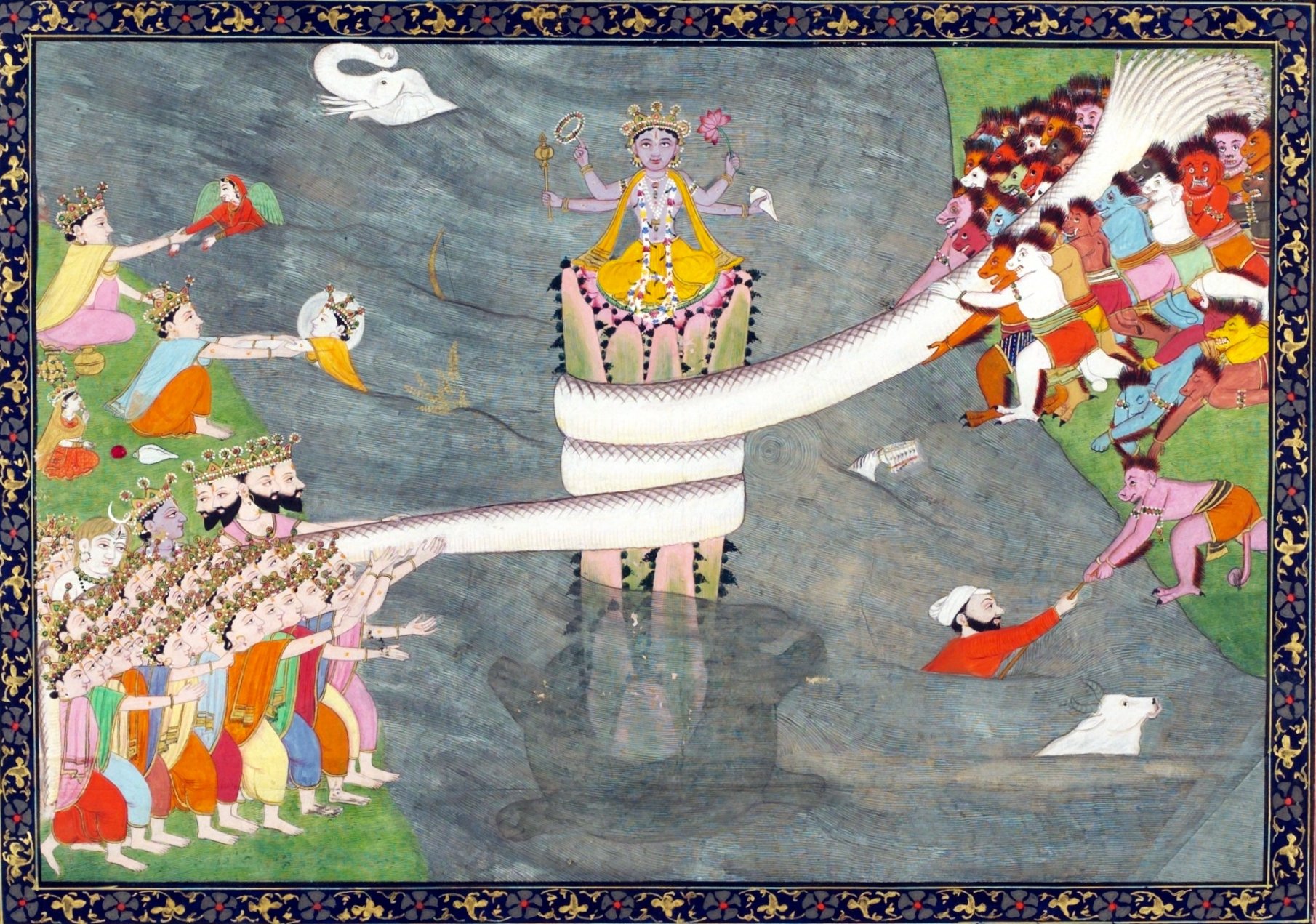Do we ever stop to ponder on what Christmas time really means? In ancient times it was about a “higher birth”, the nurturing of an "inner infant" and its reality, which implies the connection with the Spirit, and with the Soul of a mythical Earth, a forgotten Paradise that has received many names and of which much has been written, despite its nature remains elusive, even when it looms shyly in our night dreams. But it always leaves an imprint in each one of our individual lives:
Our authors [i.e Sohravardi] suggest that if the past were really what we believe it to be, that is, completed and closed, it would not be the grounds of such vehement discussions. They suggest that all our acts of understanding are so many recommencements, re-iterations of events still unconcluded. Each one of us, willy-nilly, is the initiator of events in Hûrqalyâ, whether they abort in its hell or bear fruit in its paradise. While we believe that we are looking at what is past and unchangeable, we are in fact consummating our own future. Our authors will show us how a whole region in Hûrqalyâ is peopled, post mortem, by our imperatives and wishes –that is to say, by that which directs our acts of understanding as well as our behavior.
[...]
Everything is strange, say our authors, when one sets foot on that Earth where the Impossible is in fact accomplished. For all our mental constructions, all our imperatives, all our wishes, even the love which is the most consubstantial with our being –all that would be nothing but metaphor without the interworld of Hûrqalyâ, the world in which our symbols are, so to speak, taken literally. March 1960.
This is how the scholar Henry Corbin –expert in Islamic and Persian mysticism–, ended the Prologue of his work Spiritual Body and Celestial Earth; a wonderful research and delicious reading that intends to be simply a hint, not a map. It points to a dimension of life that surpasses all fictions, and yet is imaginal in nature, far more real than ordinary imagination, or as the wise men of the Renaissance said, imaginatio vera, true imagination. An inner faculty that is waiting to grow in us, for as we said in recent posts, we lost the connection with the Soul and the Spirit (Psyche and Pneuma).
Henry Corbin says in the Prologue –following the tradition of the Persian philosopher and poet Sohravardi, which goes back to figures like Zoroaster and Empedocles–, that our perception has to go through a progressio harmonica, analogical to the process of listening to a single melody in two different octaves, one more subtle than the other. Not an intellectual activity, but “music in our being”.
Henry Corbin says in the Prologue –following the tradition of the Persian philosopher and poet Sohravardi, which goes back to figures like Zoroaster and Empedocles–, that our perception has to go through a progressio harmonica, analogical to the process of listening to a single melody in two different octaves, one more subtle than the other. Not an intellectual activity, but “music in our being”.
The heart, the mind and the body need to be musically fed by the feeling of primordial archetypes. With a proper attunement, an echo may be heard within. Nobody can convince us then that this sensory reality we see is all there is, for reality is not in beliefs, not in vague perceptions, not in books. When the echo of reality reaches our heart, our actions and experiences, all the suffering and beauty we feel, appear immediatly on another level, a higher octave, since they´re not just ours; all we see is but a sacred manifestation of the True Life, even the non-sense, the rocks, the trees, the birds...everything is part of the History of the World Soul, and our role in it is really up to us. What place do we choose in it then? A laborious journey continues; there is still a Great Work to be done.



